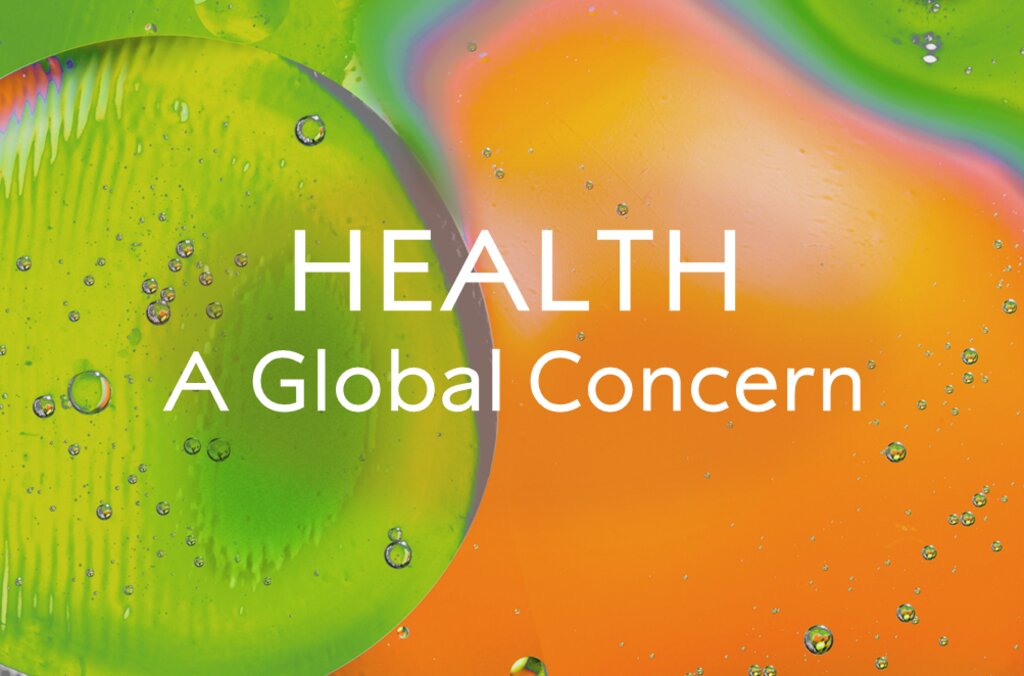
20 March 2026, in Stockholm
Health – A Global Concern
Our planet is the village of today. We are all intertwined and global health affects everyone of us.
On 20 March, teachers from around the world will gather in Stockholm. Throughout the day, Nobel Prize laureates, scientists, psychologists, and educators will offer various perspectives on global health. Together we will confront urgent questions about access, equity, and shared responsibility.
-
Registration
Welcome to register for the Nobel Prize Teacher Summit 2026.
Photo: Anna Svanberg. © Nobel Prize Outreach
-
The theme
Our planet is the village of today. We are all intertwined, and global health affects each and every one of us.
.
-
Speakers
Meet Nobel Prize laureates, top scientists and change makers at the Nobel Prize Teacher Summit 2026. Discover the speakers and team behind the summit.
Nobel Prize laureate in Chemistry, Morten Meldal © Nobel Prize Outreach. Photo: Clément Morin
-
Extended programme
International teachers who attend the Nobel Prize Teacher Summit 2026 have the possibility to add the extended programme, 18–21 March
© Nobel Prize Outreach. Photo: Alexander Mahmoud